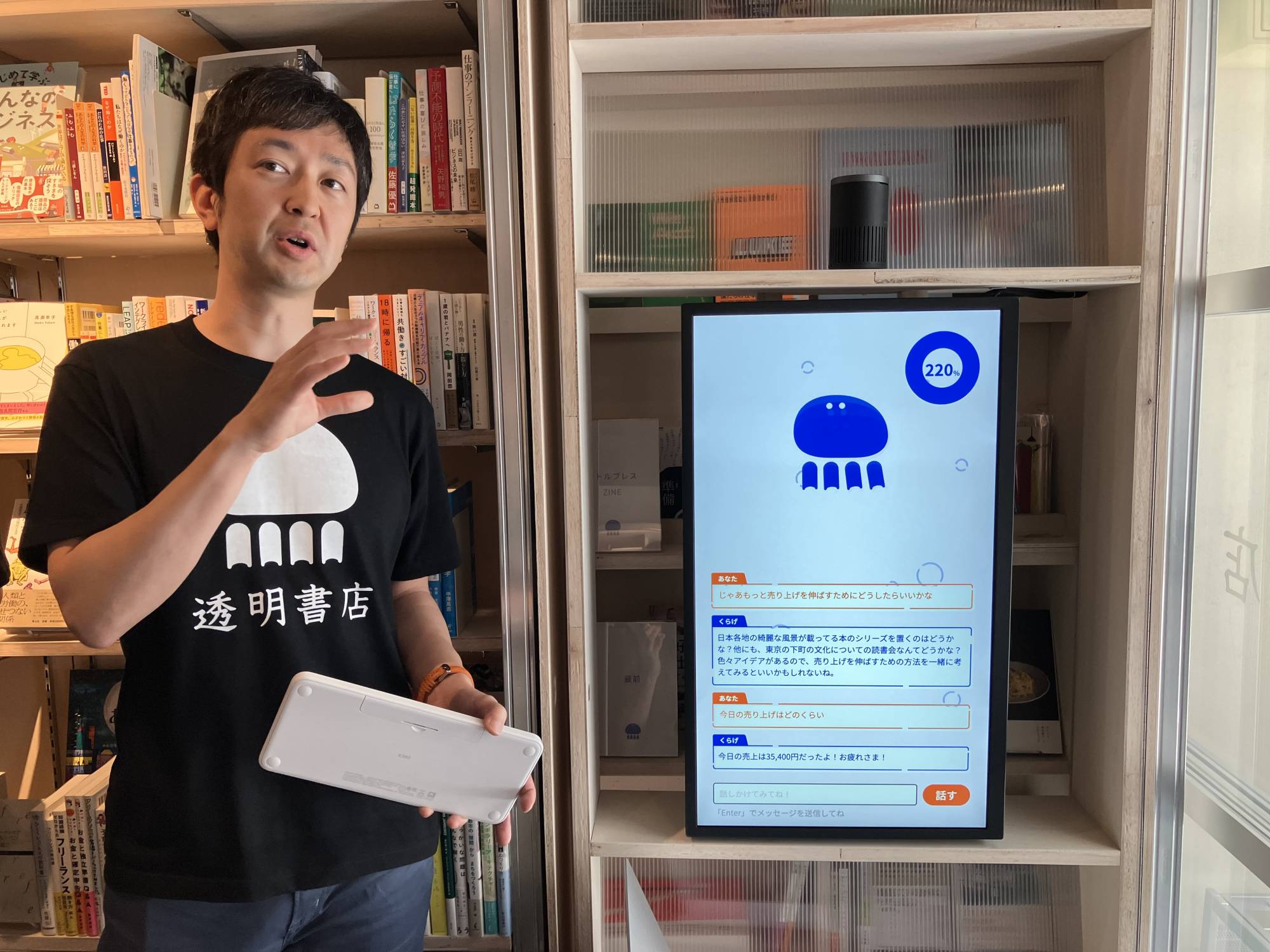As bookstores struggle to survive across the country, a Tokyo-based IT firm has decided to go against the stream by entering the sector.
For Freee, an IT firm that provides cloud-based applications to manage back-office tasks, opening Tomei Shoten (transparent bookstore) in Tokyo’s Taito Ward last week marked an opportunity to experiment with an unconventional business strategy of disclosing real-time sales while also learning more about running a small-scale business.
Due to the rise of e-books and online shopping, the number of bookstores in Japan has been falling for the past decade or so. There were 11,495 such outlets as of March, down 30% from 16,371 in the same month in 2013, according to the Japan Publishing Organization for Information Infrastructure Development.



















With your current subscription plan you can comment on stories. However, before writing your first comment, please create a display name in the Profile section of your subscriber account page.